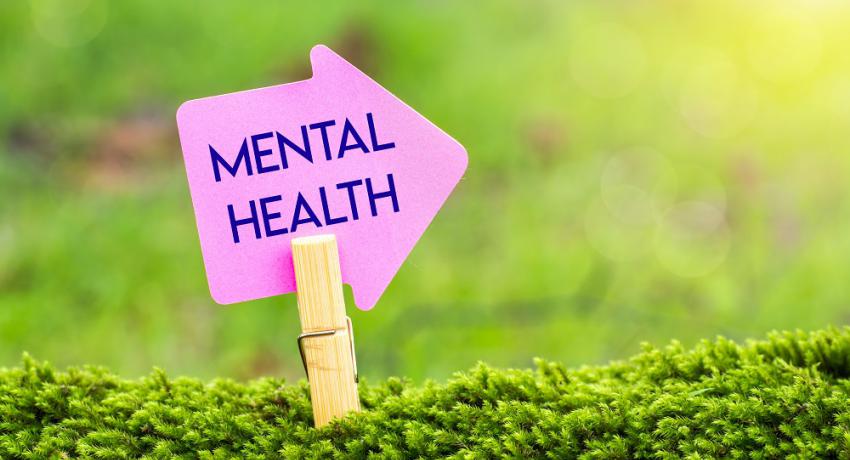May is Mental Health Awareness Month, a national movement to raise awareness of individuals living with mental or behavioral health issues and to help reduce stigma. In Juvenile Rehabilitation (JR), DCYF staff put behavioral health at the forefront of providing services and treatment to youth. We accomplish this in several ways:
- Elevating Trauma-Informed Care
- Gender-Responsive Treatment
- Dialectical Behavioral Therapy
- Suicide Prevention
- Peer & Mentoring Support
- Innovative therapeutic programming such as caring for animals, gardening, yoga, creative writing, and more.
JR youth have unique behavioral health needs and often face significantly more barriers to healing and success than youth who are not involved in the juvenile justice system. As part of DCYF’s Strategic and Racial Equity Plan, building a trauma-informed system and weaving a healing-centered approach through all our work is essential to the health and well-being of the children, youth, and families we serve, as well as our staff.
“Youth in the juvenile legal system suffer from significantly more mental health issues and adverse life events than the general population,” said UW Psychologist, Dr. Kathryn Cunningham, who provides services to Echo Glen Children’s Center. “Given the marked rise in youth mental health challenges and increased awareness of these needs with the pandemic, time is of the essence to provide high-quality, individualized, and trauma-informed care to these youth.”
Learn more about Mental Health Awareness Month.

